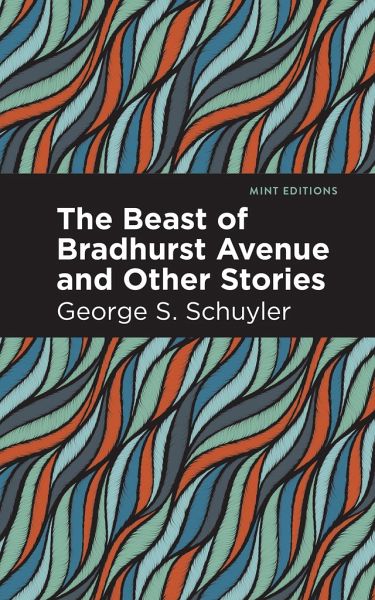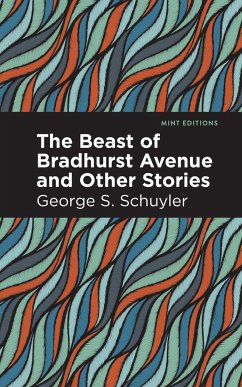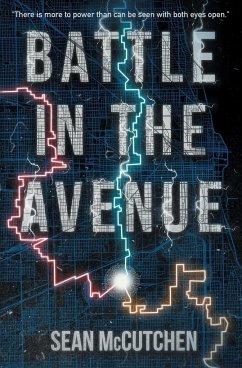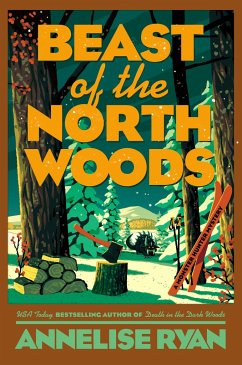
The Beast of Bradhurst Avenue and Other Stories
Versandkostenfrei!
Versandfertig in über 4 Wochen
22,99 €
inkl. MwSt.

PAYBACK Punkte
11 °P sammeln!
Rediscover George S. Schuyler with a brand new collection of pulp fiction stories never before published in book form. George S. Schuyler was an African American journalist, social commentator and author with a very complicated legacy. Despite making history as the first Black American to publish a full-length work of satire and pioneering what is now known today as Afrofuturism, Schuyler's controversial political stance on race relations lead to his ostracization from the Black community and his near-erasure from African American literary history at large, with many of his works facing limite...
Rediscover George S. Schuyler with a brand new collection of pulp fiction stories never before published in book form. George S. Schuyler was an African American journalist, social commentator and author with a very complicated legacy. Despite making history as the first Black American to publish a full-length work of satire and pioneering what is now known today as Afrofuturism, Schuyler's controversial political stance on race relations lead to his ostracization from the Black community and his near-erasure from African American literary history at large, with many of his works facing limited publication or no publication at all. The Beast of Bradhurst Avenue and Other Stories collects four novellas previously serialized in the Pittsburgh Courier that have never been published in book form. Including Sugar Hill (1933), Devil Town (1933), Golden Gods (1933-1934), and the titular The Beast of Bradhurst Avenue (1934), this volume is both a celebration of Black pulp fiction and a reintroduction of George S. Schuyler to the modern reader. Since our inception in 2020, Mint Editions has kept sustainability and innovation at the forefront of our mission. Each and every Mint Edition title gets a fresh, professionally typeset manuscript and a dazzling new cover, all while maintaining the integrity of the original book. With thousands of titles in our collection, we aim to spotlight diverse public domain works to help them find modern audiences. Mint Editions celebrates a breadth of literary works, curated from both canonical and overlooked classics from writers around the globe.












